|
No. 7: 'It is a little weird to be reading your parents' love letters. It is. It's odd.' For 20 years or more Rebecca Miller has been planning to do a documentary about her father, Arthur Miller, one of America's greatest dramatists. Now at last the film has arrived, and for fans of the Millers -- Arthur and Rebecca -- it's been well worth the wait. Arthur Miller: Writer is by turns profound and poignant, an intimate portrait of a vital creative figure, drawn from many hours of interviews between father and daughter. The documentary premiered at the Telluride Film Festival in September and makes its debut on HBO in March 2018. The International Documentary Association screened Arthur Miller: Writer on Sunday in Beverly Hills, with the filmmaker and producer Damon Cardasis in attendance. These are the top quotes from the Q&A: I was living in Ireland and I thought, 'I can't live anymore with all this stuff festering away.' I actually had put it in so many different storage facilities over the years. It was like driving a U-Haul to Fort Lee, New Jersey and finding footage and digitizing eight different formats of film, transcribing with one other person... There was over 200 hours of footage. Quite honestly it was really overwhelming at first. I wanted to structure the film on the most important relationships in his life, so the father and mother and then the three wives. Miller (1915-2005) was born in Harlem to Augusta and Isidore Miller, who owned a successful women's apparel manufacturing business. The family lost most of its fortune during the Wall Street Crash of 1929. Miller began his writing career as an undergraduate at the University of Michigan. His first Broadway success came in 1947 with All My Sons. Miller's first two marriages, to Mary Slattery and Marilyn Monroe, ended in divorce. His marriage to photographer Inge Morath (Rebecca's mother) lasted until her death in 2002. I think he really wanted to be honest and he wanted to be open. I pretty much asked all the questions and he answered them. He wasn't trying to control it. He was a pretty laid back person about all that and very trusting. As far as he knew, when was it ever going to come together anyway? It is a little weird to be reading your parents' love letters. It is. It's odd. There's a whole element to this process where you start to edit the part of your parents' life that was before you were born. It feels a little bit like you're spying on this period of time that you're not meant to know. You can't tell [Arthur Miller's] story without telling the story of the century. And in that sense the film began to expand. You couldn't not talk about the Depression. As he makes the point, a personality is partly formed by impersonal forces. The film delves into Miller's relationship with Elia Kazan, who directed some of the playwright's most acclaimed productions. Miller told his daughter Kazan came to see him just before testifying before the House Un-American Activities Committee in 1952. Miller urged him not to cooperate with the committee, advice Kazan rejected. After that moment the friendship was essentially broken -- when my father realized that Kazan was going to name names. The first cut was like three hours long. We had to whittle it down. He was friends with writers, but as I remember it was more novelists... William Styron and Philip Roth were the people he was close with. The movie is as much about that -- about perseverance and just trying to be a decent human being, even if you're a flawed person, just trying to do your best. |
AuthorMatthew Carey is a documentary filmmaker and journalist. His work has appeared on Deadline.com, CNN, CNN.com, TheWrap.com, NBCNews.com and in Documentary magazine. |
- Home
- News
- Videos
-
Galleries
- 2019 Tribeca Film Festival
- Full Frame Documentary Film Festival
- 2019 SXSW Film Festival
- SXSW 2018 Gallery
- 2019 Sundance Film Festival
- Outfest 2018 Photo Gallery
- Outfest 2017
- Sundance 2018 Photos
- 2017 LA Film Festival
- 2017 Cannes Film Festival
- Tribeca Film Festival 2017
- SXSW 2017 Gallery
- 2017 Berlin Film Festival
- Sundance 2017 Gallery
- 2016 Los Angeles Film Festival
- Cannes Film Festival 2016
- SXSW 2016 Gallery
- Berlinale 2016 Gallery
- Sundance 2016 Gallery
- Filmmaker Gallery
- About
- Contact
Proudly powered by Weebly
- Home
- News
- Videos
-
Galleries
- 2019 Tribeca Film Festival
- Full Frame Documentary Film Festival
- 2019 SXSW Film Festival
- SXSW 2018 Gallery
- 2019 Sundance Film Festival
- Outfest 2018 Photo Gallery
- Outfest 2017
- Sundance 2018 Photos
- 2017 LA Film Festival
- 2017 Cannes Film Festival
- Tribeca Film Festival 2017
- SXSW 2017 Gallery
- 2017 Berlin Film Festival
- Sundance 2017 Gallery
- 2016 Los Angeles Film Festival
- Cannes Film Festival 2016
- SXSW 2016 Gallery
- Berlinale 2016 Gallery
- Sundance 2016 Gallery
- Filmmaker Gallery
- About
- Contact

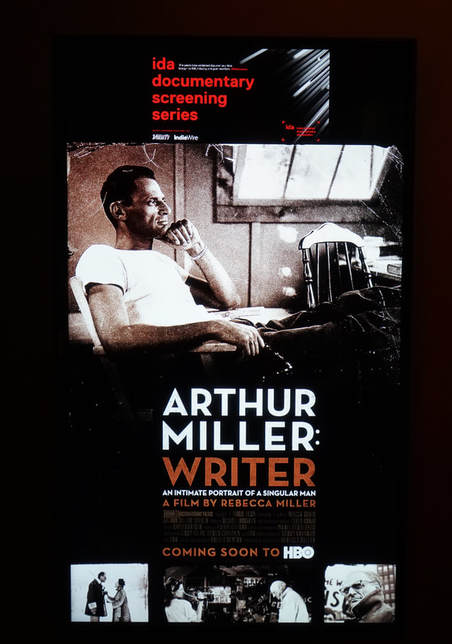
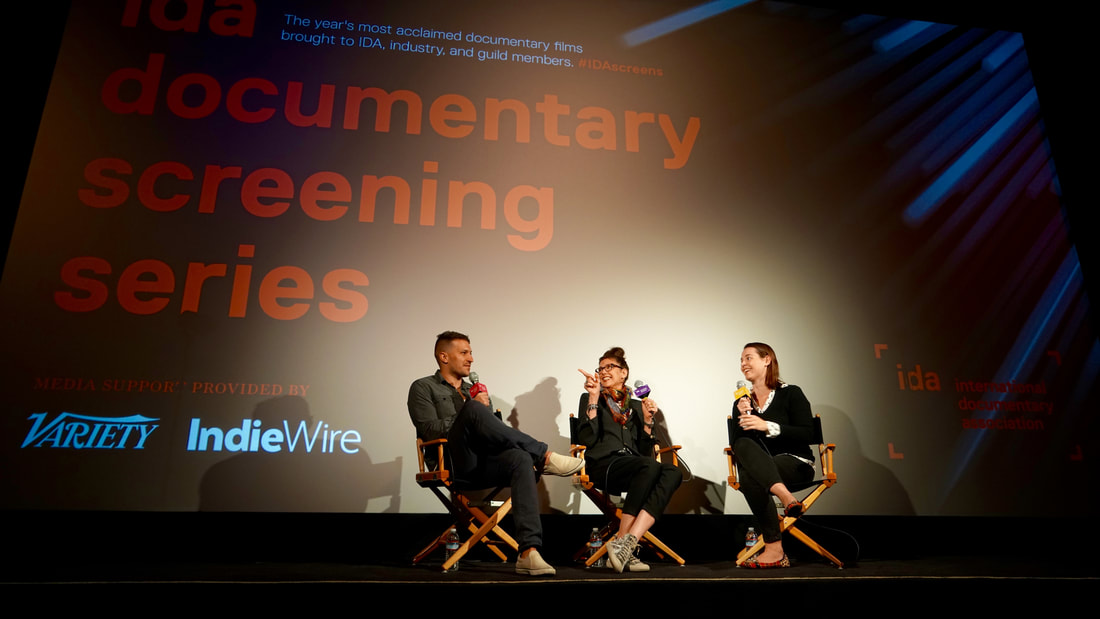
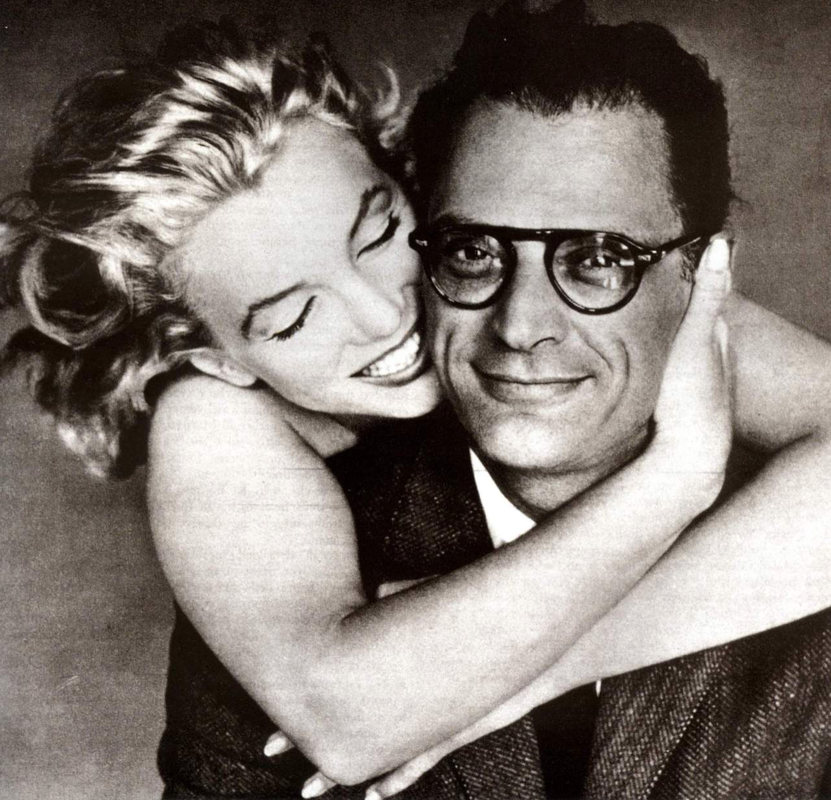
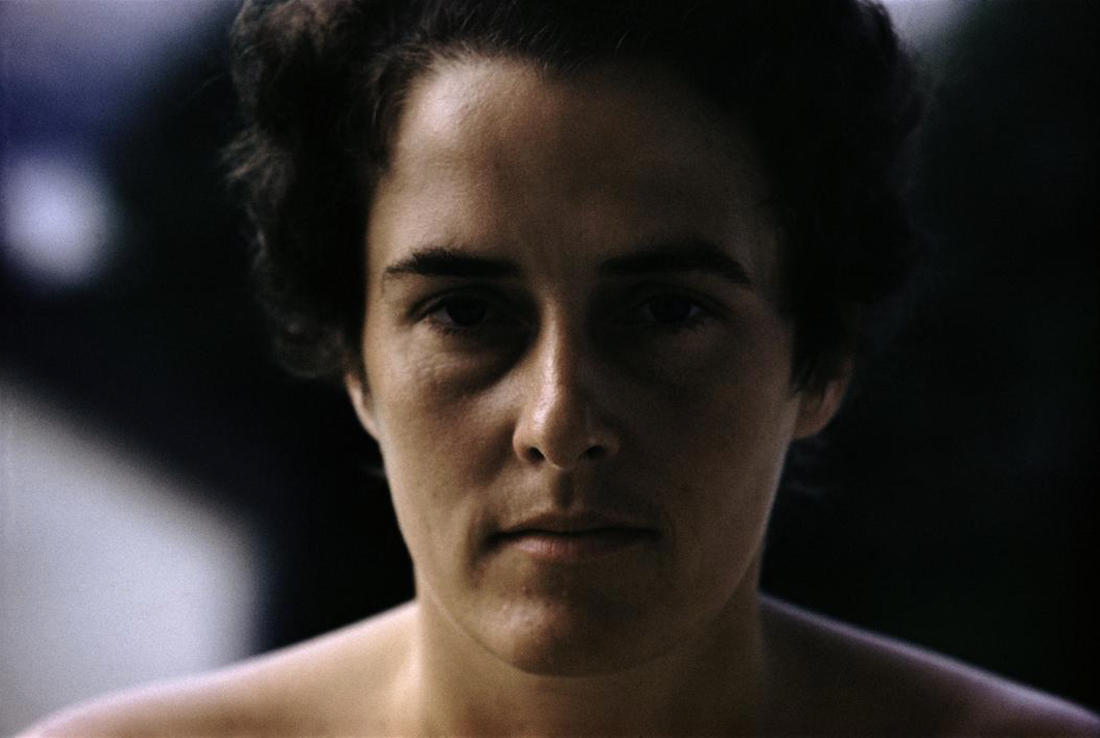
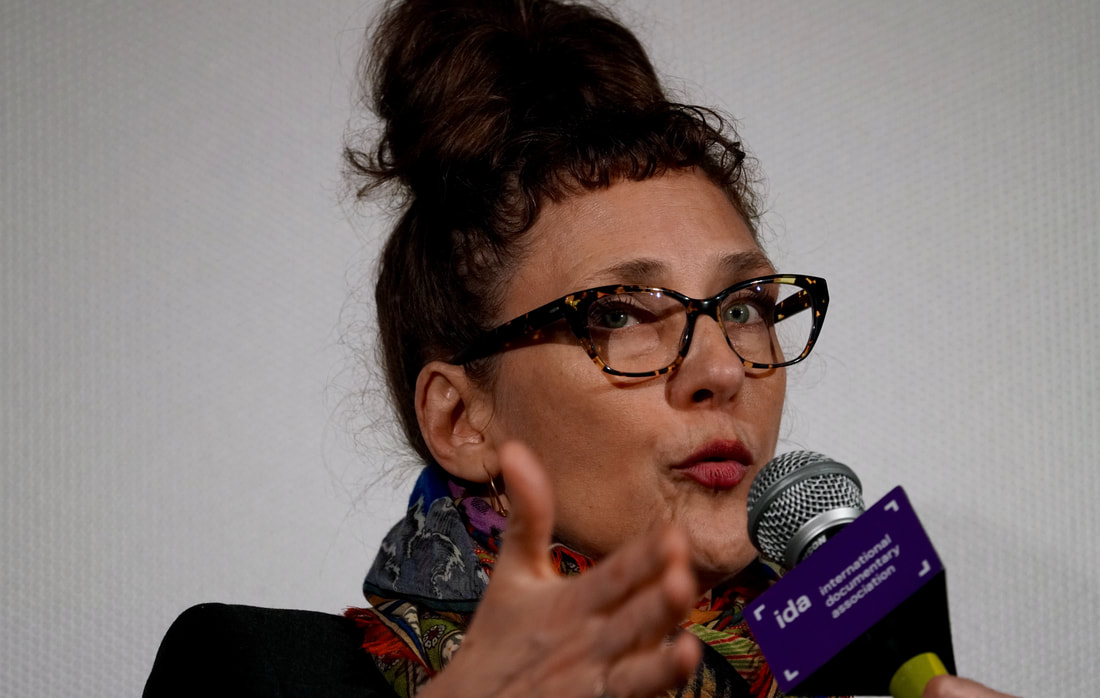
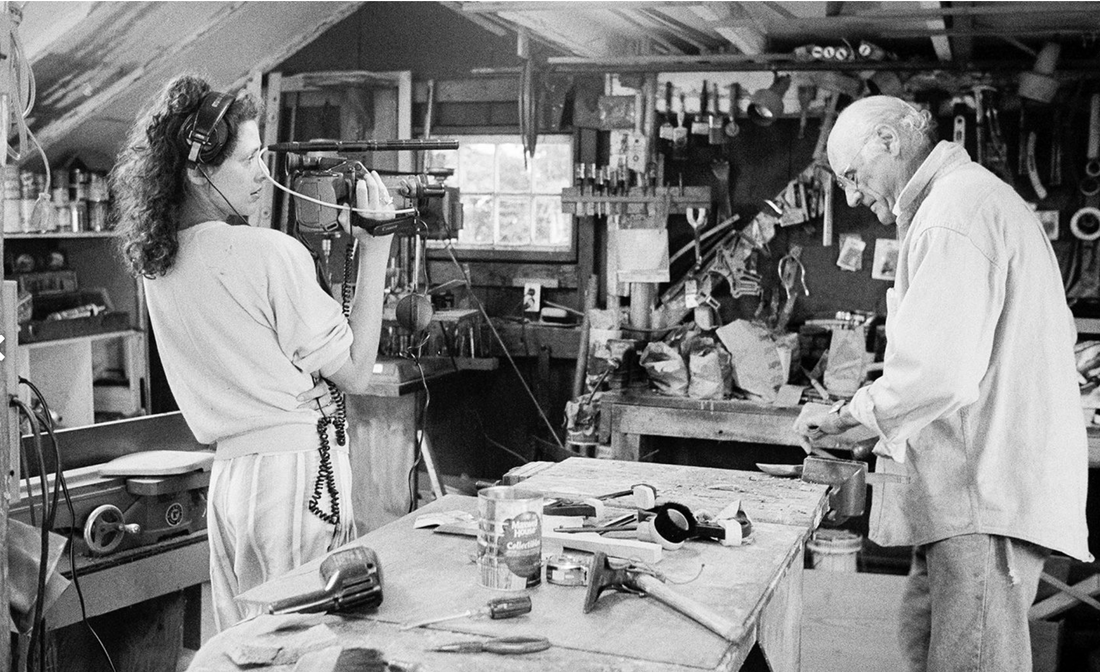
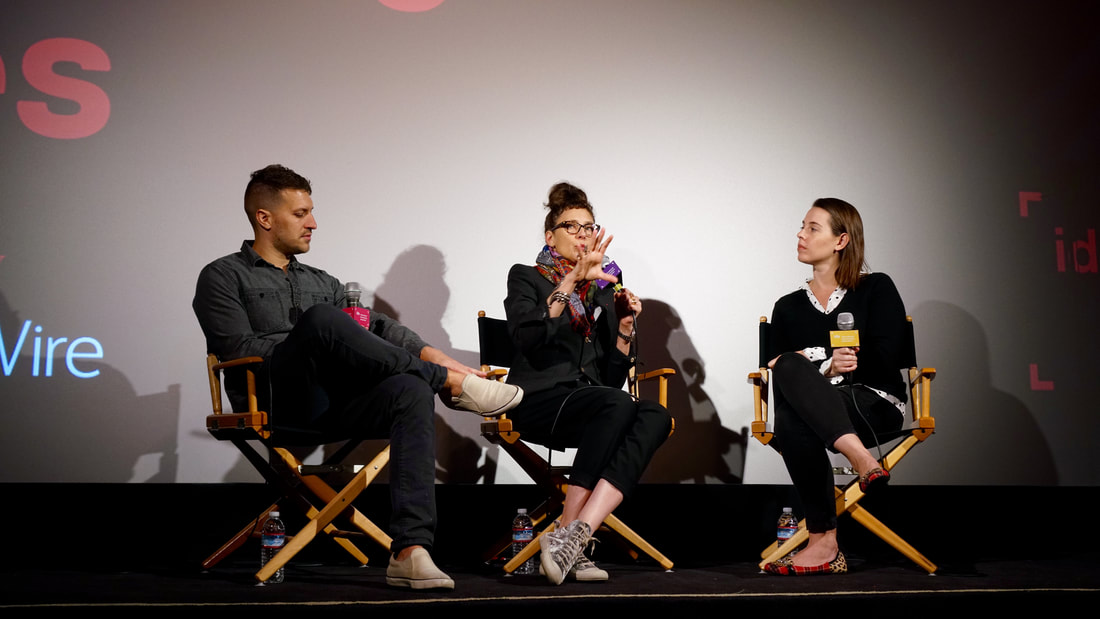
 RSS Feed
RSS Feed